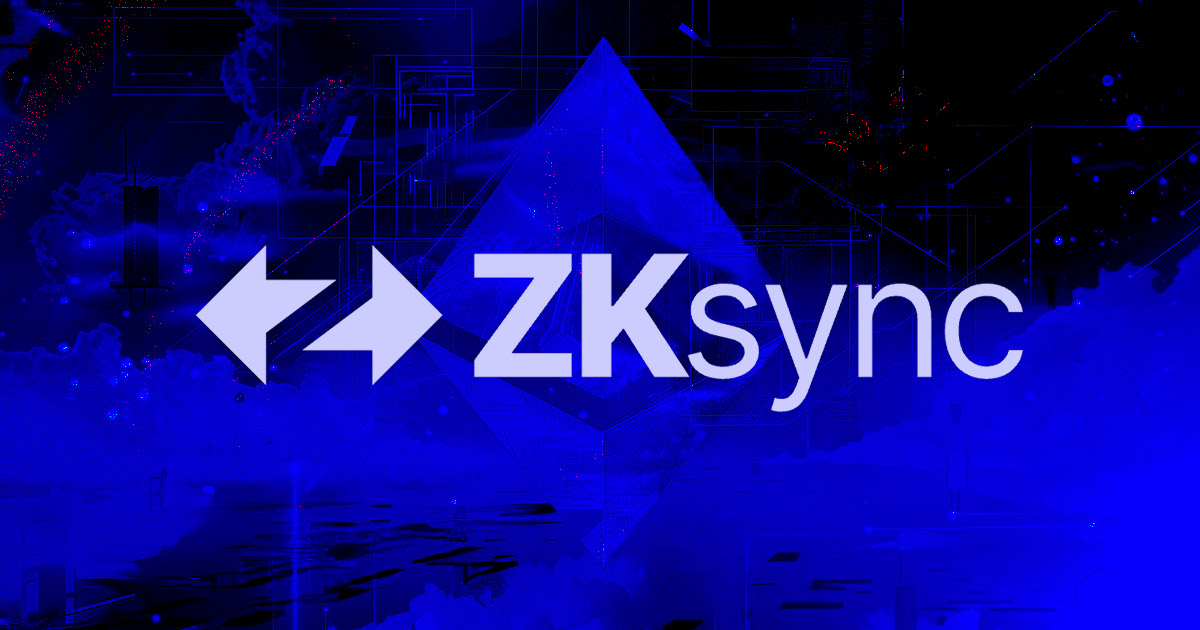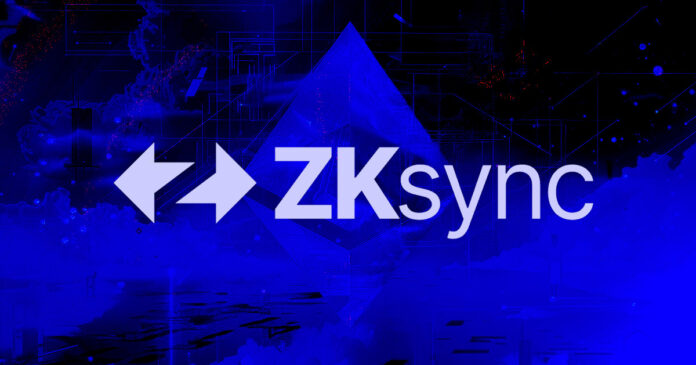
Solana co-founder Anatoly Yakovenko criticized layer 2 Ethereum community ZKsync for nonetheless working as a multisig system regardless of claims of community-led governance.
In an article on .
In line with him:
“A ample variety of token holders to create a quorum and a ample variety of 'skilled safety board' members may very well be inside the attain of a US chapter choose who might order all to take all property bridged below the management of a chapter belief.”
His feedback had been in response to Alex Gluchowski, co-founder and CEO of Matter Labs, the workforce behind ZKsync. Gluchowski had claimed that the community's new decentralized governance system was not a multisig setup and was “a important step in direction of Stage 2.”
Stage 2 refers to a transition from keen on full decentralization. At this level, belief is completely positioned within the blockchain code and algorithms, guaranteeing that the system is open, safe, and immune to manipulation.
Notably, no layer 2 Ethereum community is totally at stage 2 of its decentralized improvement.
Decentralized governance
On September 12, Gluchowski introduced that ZKsync's governance system was up and operating.
The system introduces a three-body construction, which incorporates the ZK Token Meeting, a gaggle of token holders who delegate their voting energy to delegates. These delegates can submit and vote on protocol, token, and governance improve proposals.
In line with the workforce:
“That is maybe crucial side of the system: token holders and their delegates can provoke extraordinary ZKsync protocol upgrades instantly on-chain, as a substitute of counting on a single multisig.”
In the meantime, delegates will even profit from authorized safety via the ZKsync Affiliation, a non-profit, non-owner group that addresses private legal responsibility points.
The second a part of the governance construction is the ZKsync Safety Council, made up of engineers, auditors, and safety professionals. The Council has the authority to actively assessment and approve protocol upgrades, freeze the protocol, and submit crucial upgrades inside an inexpensive time-frame.
Nonetheless, their energy is restricted as a result of they can’t submit and approve upgrades unilaterally.
Lastly, ZKsync Guardians be certain that governance proposals align with the rules of the ZK Credo. They maintain veto energy and function checks on different governance our bodies.
The three governance entities (the Token Meeting, Safety Council, and Guardians) collaborate to assessment and execute proposals, similar to ZKsync enhancements, token packages, and adjustments to governance boards. The Symbolic Meeting can submit proposals, which the Guardians can veto if crucial, and the Safety Council should approve protocol upgrades.
Basically, this construction prevents people or teams from having unilateral management over proposals and upgrades.
